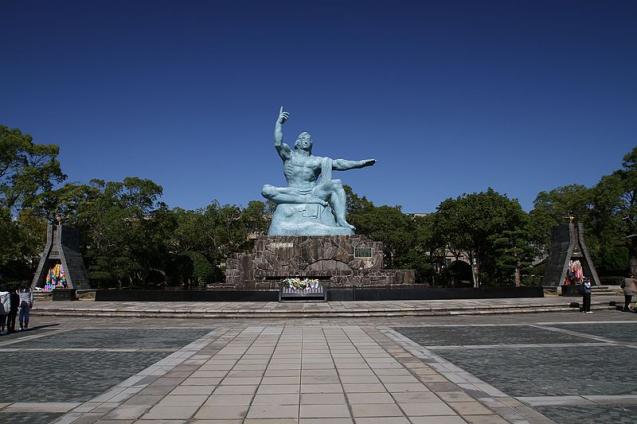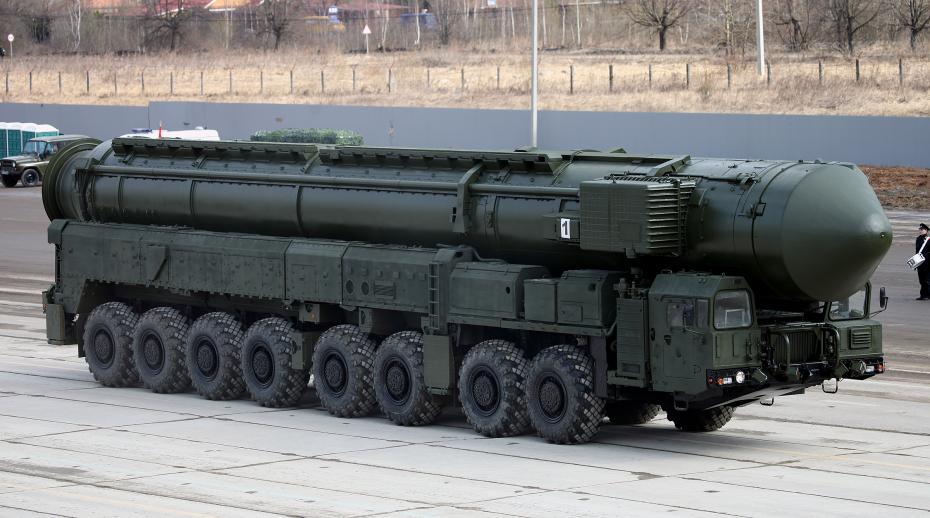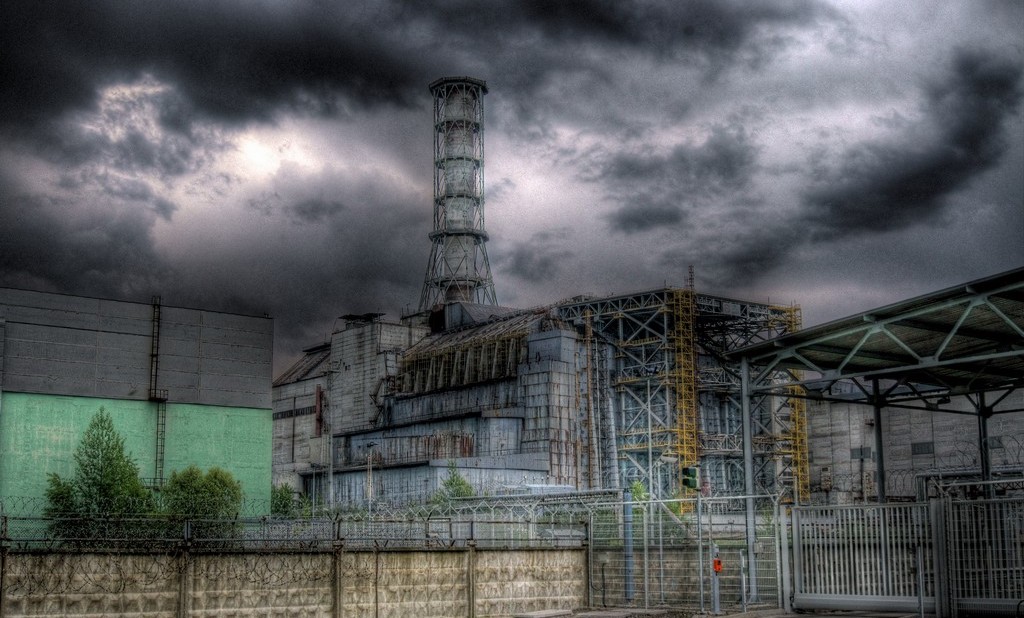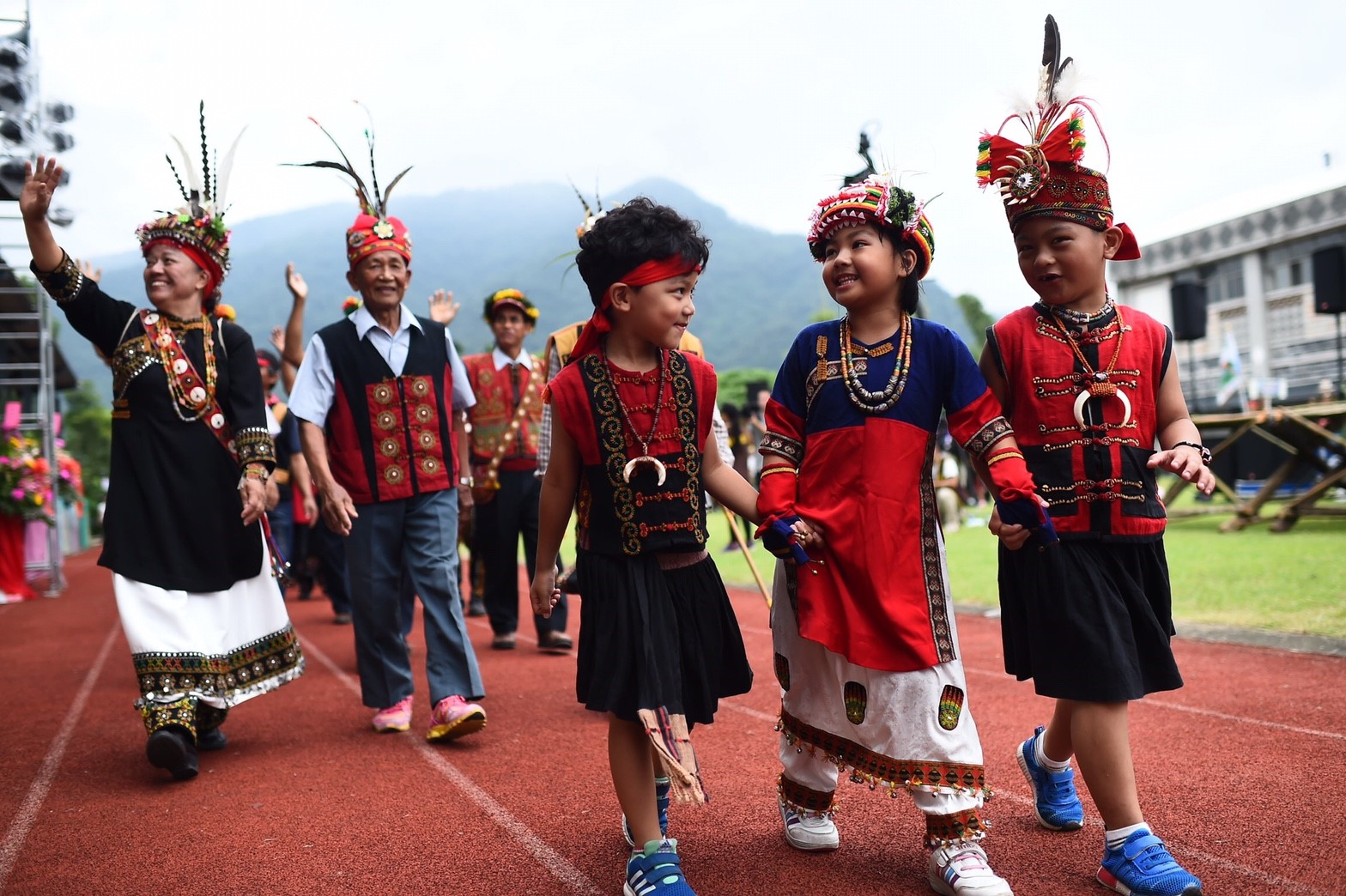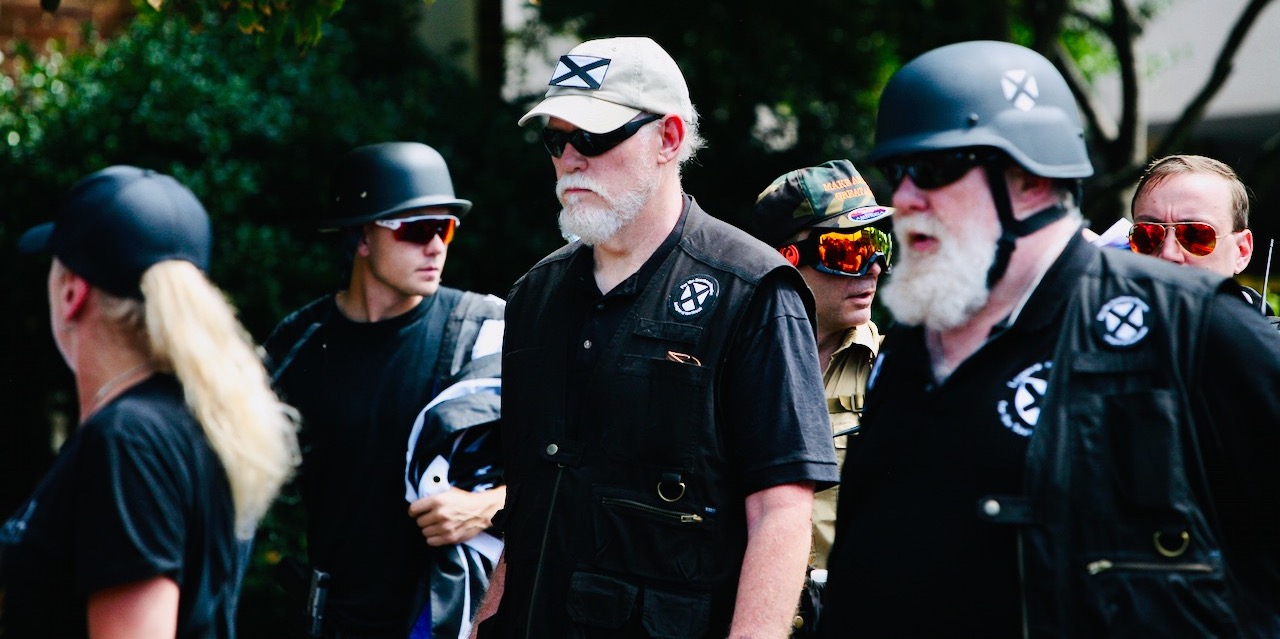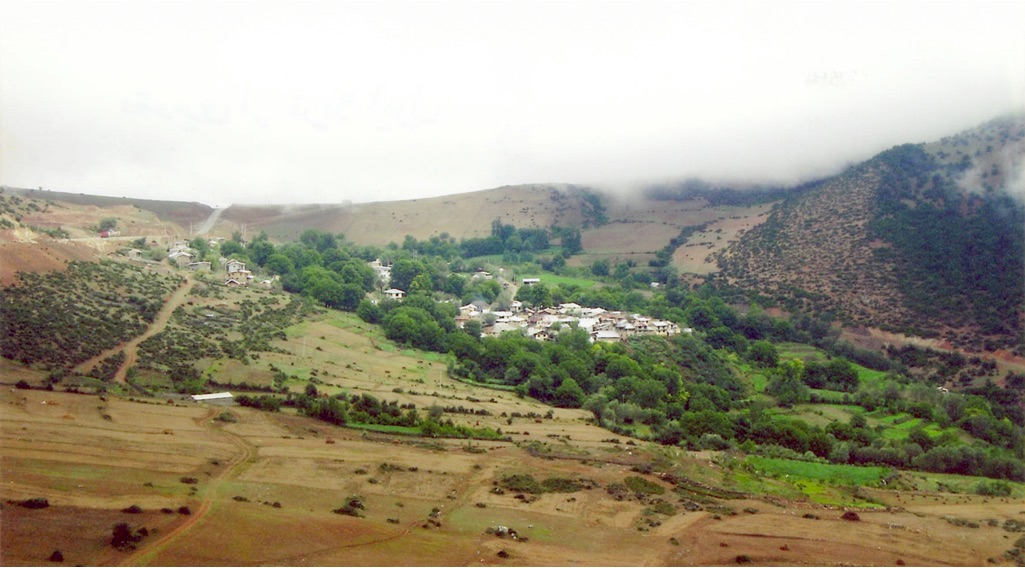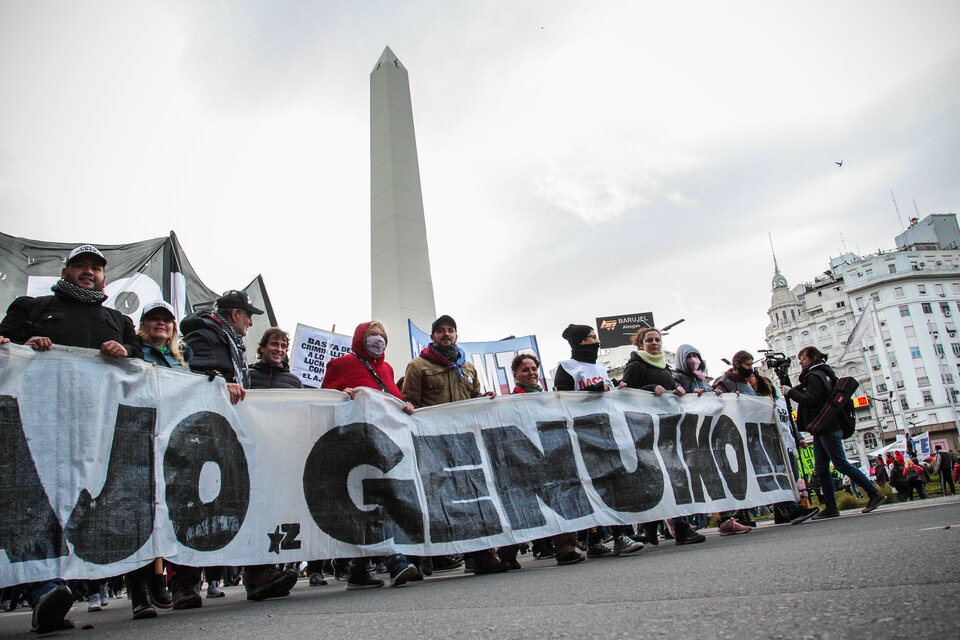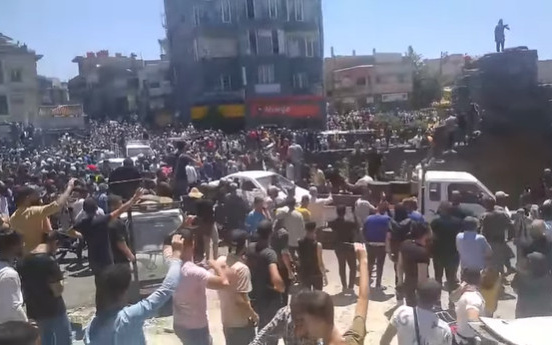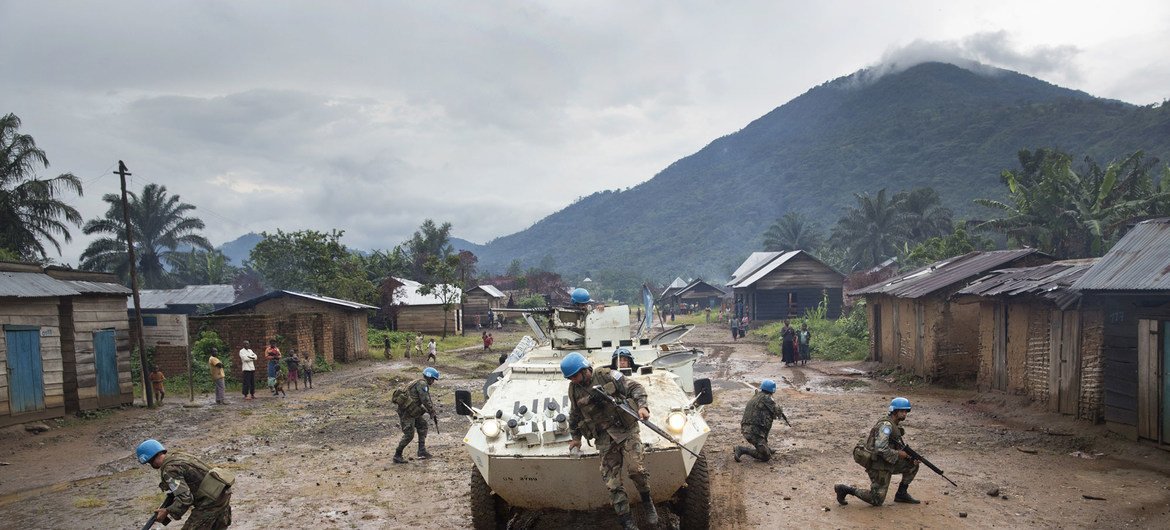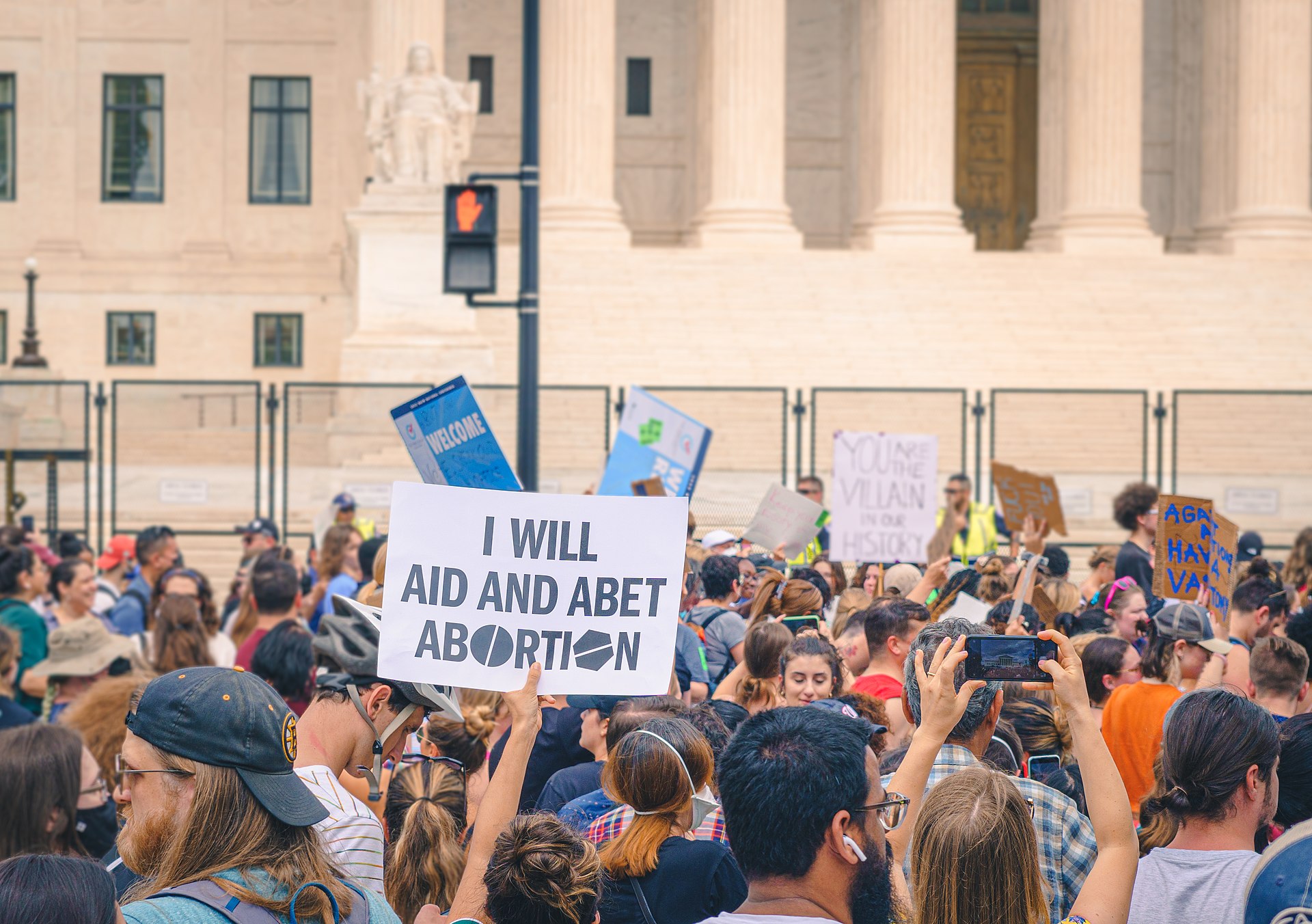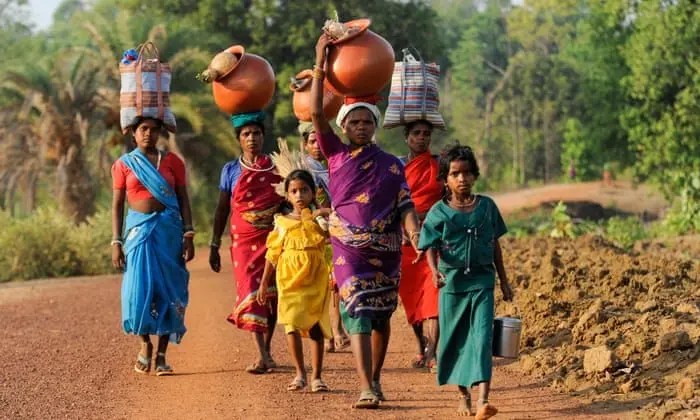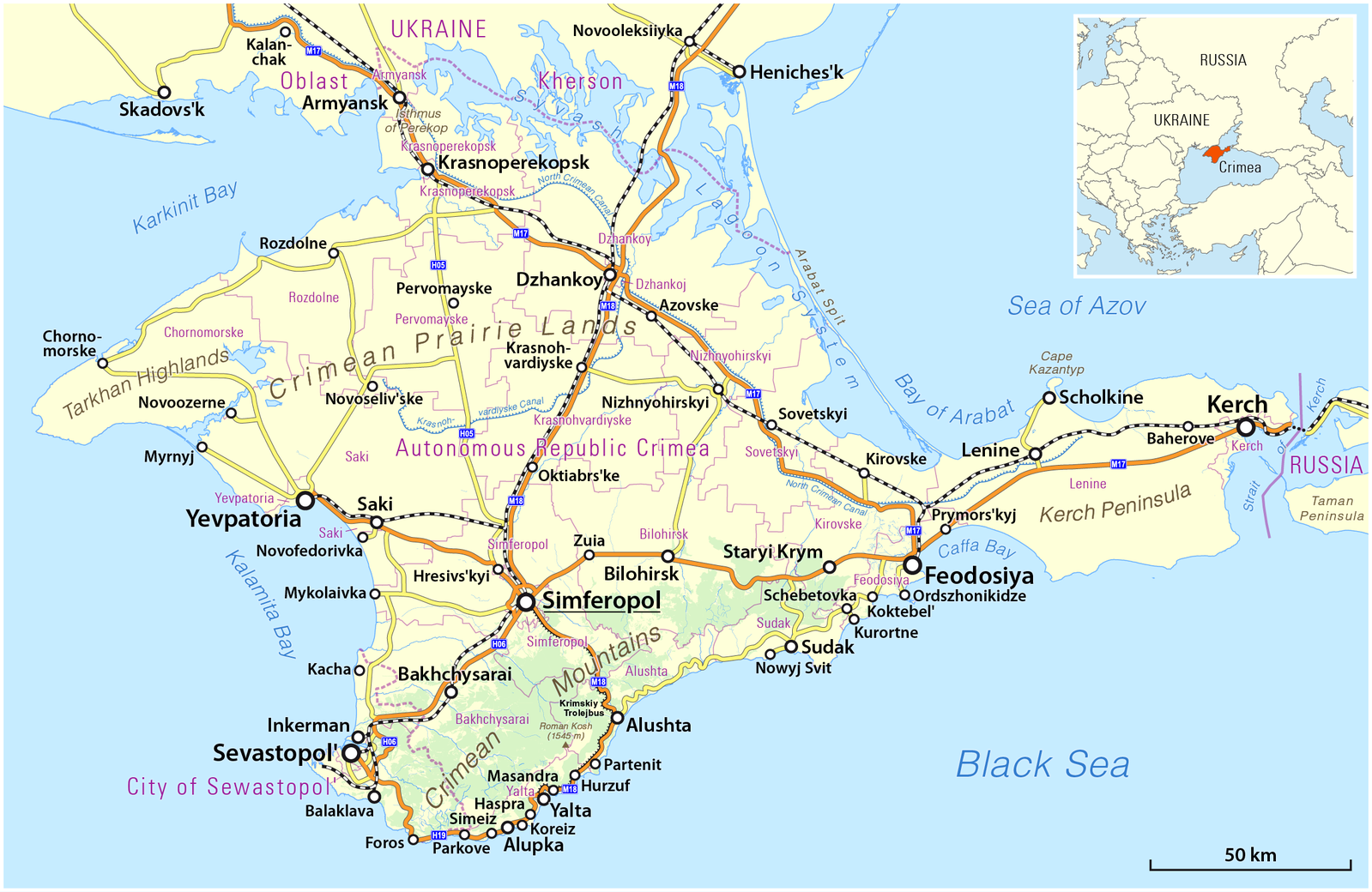
Nuclear flashpoint Crimea?
A series of explosions tore through a Russian airbase on the Crimean Peninsula, leaving one dead. Saki airfield is some 200 kilometers from the Ukrainian lines, and President Volodymyr Zelensky’s office denied responsibility for the blasts. However, an unnamed Kyiv official anonymously told the New York Times that Ukrainian forces carried out an attack on the base. Zelensky later stated: “Crimea is Ukrainian, and we will never give it up. This Russian war against Ukraine and against all of free Europe began with Crimea and must end with Crimea—with its liberation.” But last month, in response to the arrival of US High Mobility Artillery Rocket Systems (HIMARS) in Ukraine, former Russian president Dmitry Medvedevimplied that Ukrainian strikes on targets in Crimea would meet Russia’s stated criteria for use of nuclear weapons. Saying that the refusal of Ukraine and Western powers to recognize Moscow’s control of Crimea poses a “systemic threat” to Russia, he added: “Doomsday will come very fast and hard. There will be no hiding from it.” (Map via Wikimedia Commons)



